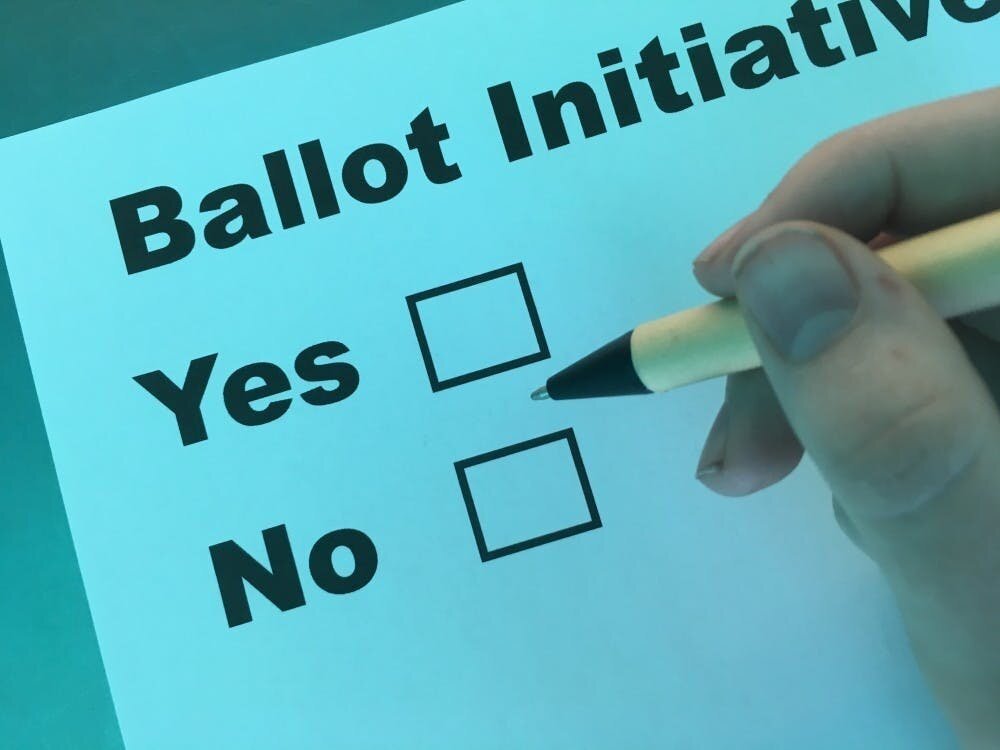
Ballot Initiatives
The ballot initiative process in Idaho risks undermining the state's traditional way of life by allowing out-of-state special interest groups to influence local laws, leading to policies that do not reflect Idaho's values or needs.
The ballot initiative process, while celebrated as a tool for direct democracy, poses significant risks to Idaho's cherished way of life.
This system allows out-of-state special interest groups, armed with deep pockets, to influence Idaho's laws without having to navigate through the state's elected representatives, who are meant to safeguard local interests. These external entities can fund campaigns for initiatives that might not align with Idaho's values, traditions, or economic needs, potentially pushing through policies on issues like land use, taxes, or social matters that could fundamentally alter the state's character and governance.
Threat to Idaho's Rural Lifestyle and Values
One of the primary concerns is the potential for these initiatives to be used as a weapon against Idaho's rural lifestyle, agricultural economy, and conservative values. For instance, initiatives backed by national or international organizations might aim to impose urban-centric environmental regulations, which could disrupt traditional farming practices, increase operational costs for local businesses, or change land use policies in ways that don't consider the unique needs of Idaho's communities.
The Risk of 'Democracy for Sale'
Moreover, the influence of money in the initiative process can lead to a form of 'democracy for sale', where the outcome of ballot measures is swayed more by advertising budgets than by the merit of the policy or the will of Idaho's residents. This undermines the principle of one person, one vote, as those with more resources can disproportionately shape public opinion and the legislative landscape. The result could be policies that do not reflect the majority's interests or the state's long-term welfare, potentially leading to legal battles, economic disruptions, or a shift in the cultural fabric that defines Idaho.
To preserve Idaho's way of life, it's vital to critically evaluate the ballot initiative process, ensuring it remains a tool for the people of Idaho, not a loophole for external manipulation. This might involve tightening signature requirements, enhancing transparency about funding sources, or even amending the process to better protect against out-of-state influence, thereby safeguarding the state's unique identity and the autonomy of its residents to chart their future.
